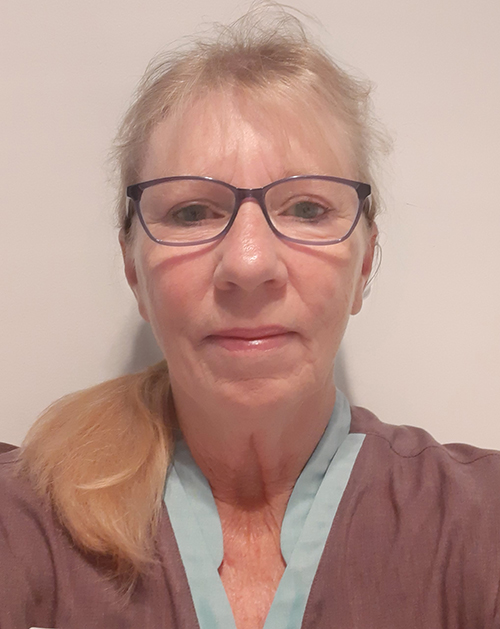How the ELDAC Working Together Program is helping us improve our advance care planning
A guest blog by Deb Fitzpatrick, Registered Nurse at Whiddon Temora.
Whiddon is an award-winning care provider with residential care, community care and retirement living villages across New South Wales and Queensland over 23 sites. Whiddon Temora is located in the Riverina region of New South Wales, an hour away from Wagga Wagga, and offers 76 rooms over two care homes, Narraburra and Greenstone Lodge.
We were interested in participating in the ELDAC Working Together Program because we have been focused on providing high-quality palliative and end-of-life care and saw this as an opportunity to further enhance our work for our palliative care program.
One area that we wanted to focus on was advance care planning. We had some good processes and tools in place but we weren’t seeing uptake of our processes as solidly as we wanted. To start the ELDAC Working Together Program, we did a series of audits and self-assessments, and then with our ELDAC facilitator and working group we identified our priorities including advance care planning. Our working group developed a goal statement:
We aim to improve our processes for advance care planning to develop better, more effective communication with residents and their families about the resident’s wishes. Our goal is to meet the resident’s needs more completely, support the resident and their family well in the end-of-life journey and develop staff knowledge and confidence about communicating with residents and families.
We developed an action plan which outlined key activities we thought were important, including:
- Review of our current process to make sure it met all recommended inclusions
- Review of current materials we had available to residents and families about advance care planning
- Arrange education for staff in the home about advance care planning
- Strengthen the working party
- Add advance care planning as a standing item at staff meetings for discussion
- Add information about advance care planning to regular newsletters to residents and families
- Embed the existing ‘What Matters Most’ resources into processes in the home
We had sourced various resources and materials about advance care planning that we wanted to include in our admission package. We presented these options to our residents at a meeting to help us decide which resources to use. This was a really positive experience for both the residents and our team. It was also positive to see that some of our residents were very keen to be part of the group.
Our working party already included myself and two other Registered Nurses, two Enrolled Nurses, two Assistants in Nursing and our Catering Manager. We identified that having a spiritual care provider as part of our working party would add an important dimension to planning for better advance care planning processes. We’ve been able to create a strong linkage with a local spiritual care provider group, and we now have a spiritual care provider we can call at any time to support a resident and family at end-of-life.
The group has also learned a lot about advance care planning and has taken up the New South Wales Advance Care Directive resources and the ‘What Matters Most’ resources. We’ve also started a practice where we use the ‘What Matters Most’ discussion starter toolkit to help frame conversations with residents and their families, and leave a copy in residents’ rooms (for the residents that want us to). This offers a way for any provider to write down what residents may share with them about their preferences, if the resident chooses.
We’ve found that some residents are quite open to discussing advance care planning and some may feel uncomfortable with the topic. We respect this and communicate that what we are interested in is understanding their preferences for all kinds of situations, including our resident-based care program, which is about the person’s wishes, values and quality of life – it’s not just about resuscitation. We’re about supporting residents to live well every day.
We have almost completed our planned education and look forward to expanding our knowledge and skills further in advance care planning and the ELDAC toolkits. This education is for all of our many roles here, because having discussions about preferences and needs doesn’t happen just at set times – we have to be prepared to hear what our residents are saying and engage with them at any time.
From the ELDAC Working Together Program, Whiddon has recently formulated a Palliative Care Working Group, representative of all its 23 sites, to formulate palliative and end-of-life care and advance care planning policies, processes and procedures. This group meets monthly via Zoom and has a very enthusiastic team who are working together for continuous quality improvement. The team has already adopted the ‘What Matters Most’ program and are currently finalising the process for the program. We have also utilised the ELDAC Organisational Audit and are collating the information from all sites to ensure that the information is representative of all Whiddon’s sites. It is envisaged that the processes and policies will be practical for all sites within Whiddon.
The ELDAC Working Together program has provided exceptional support and encouragement from its dedicated team of ELDAC facilitators. Personally, I strongly urge other aged care facilities to take up the opportunity of connecting with and using the resources from this valuable project.

Deb Fitzpatrick
Registered Nurse at Whiddon Temora